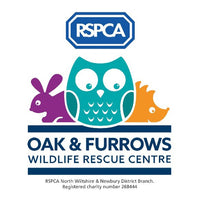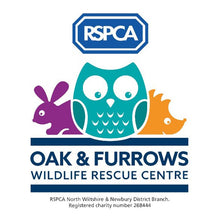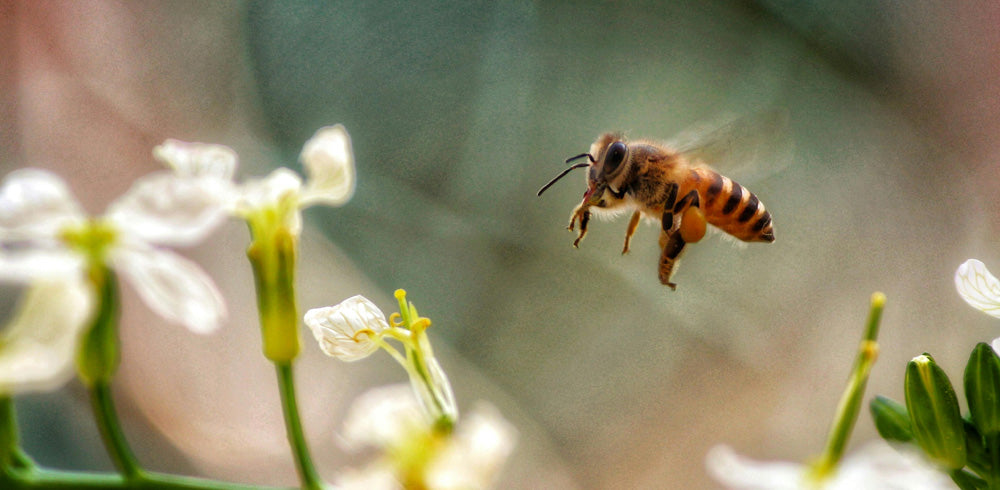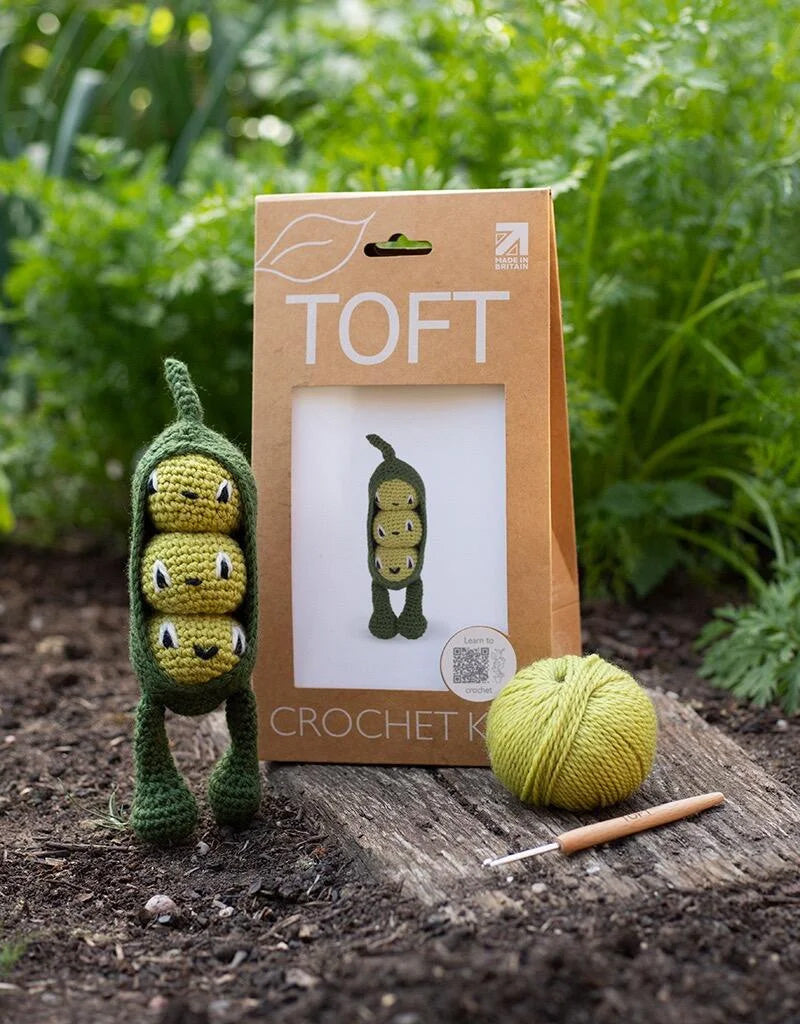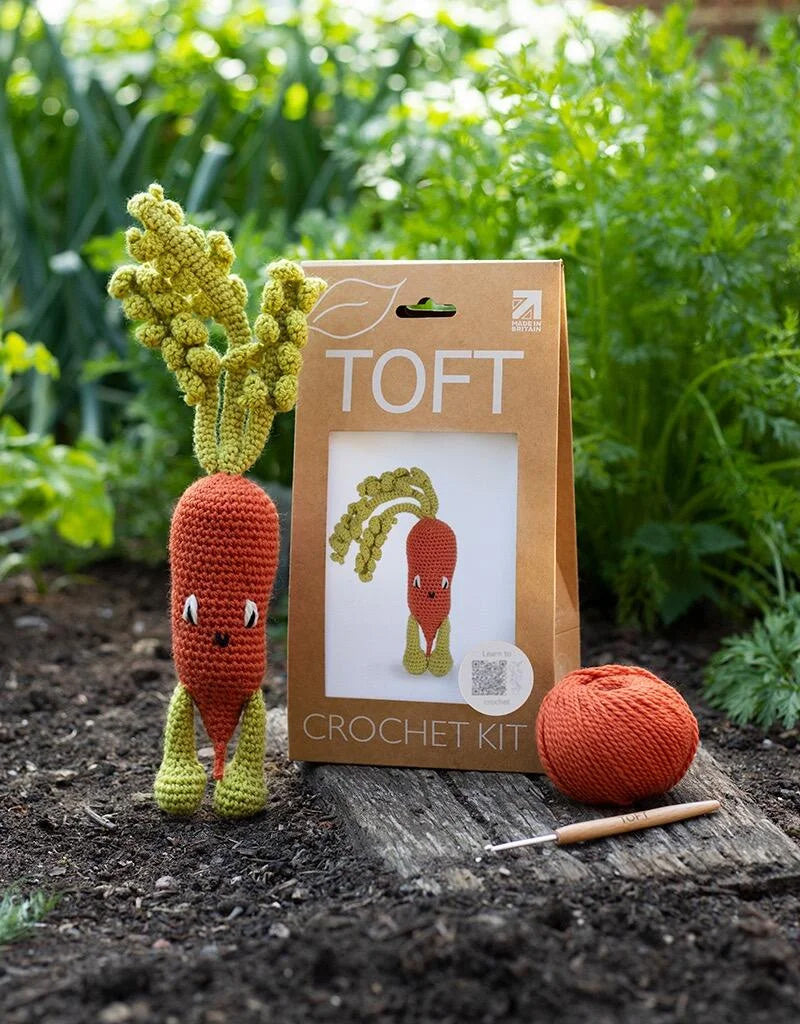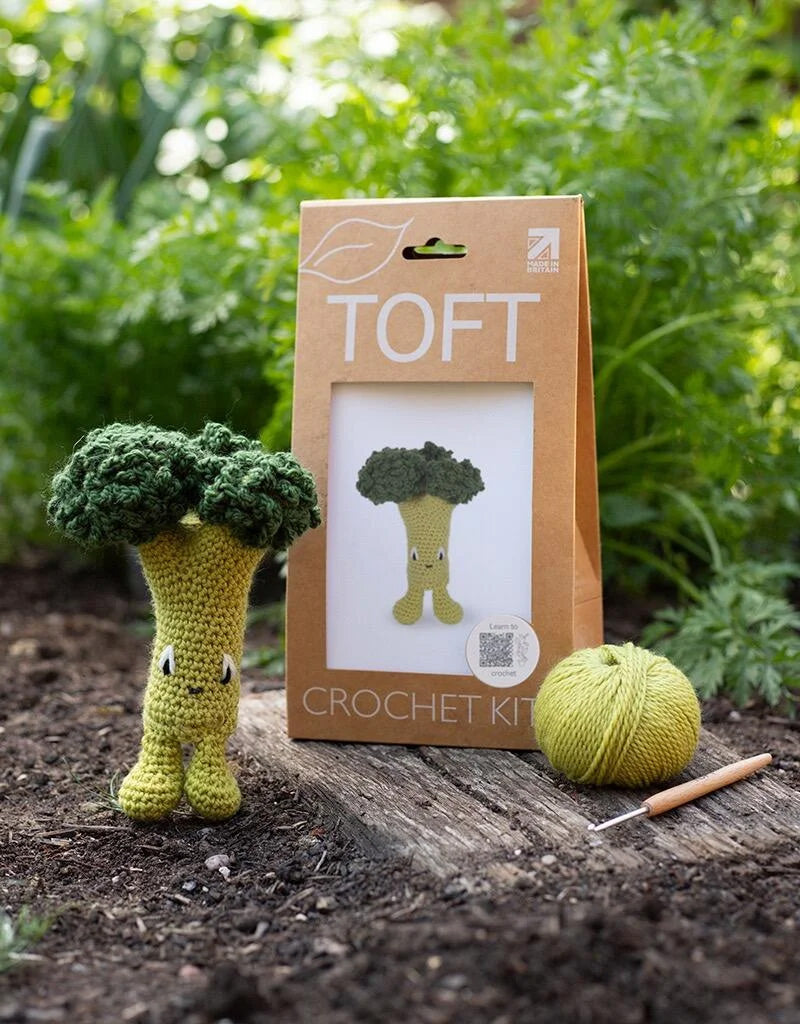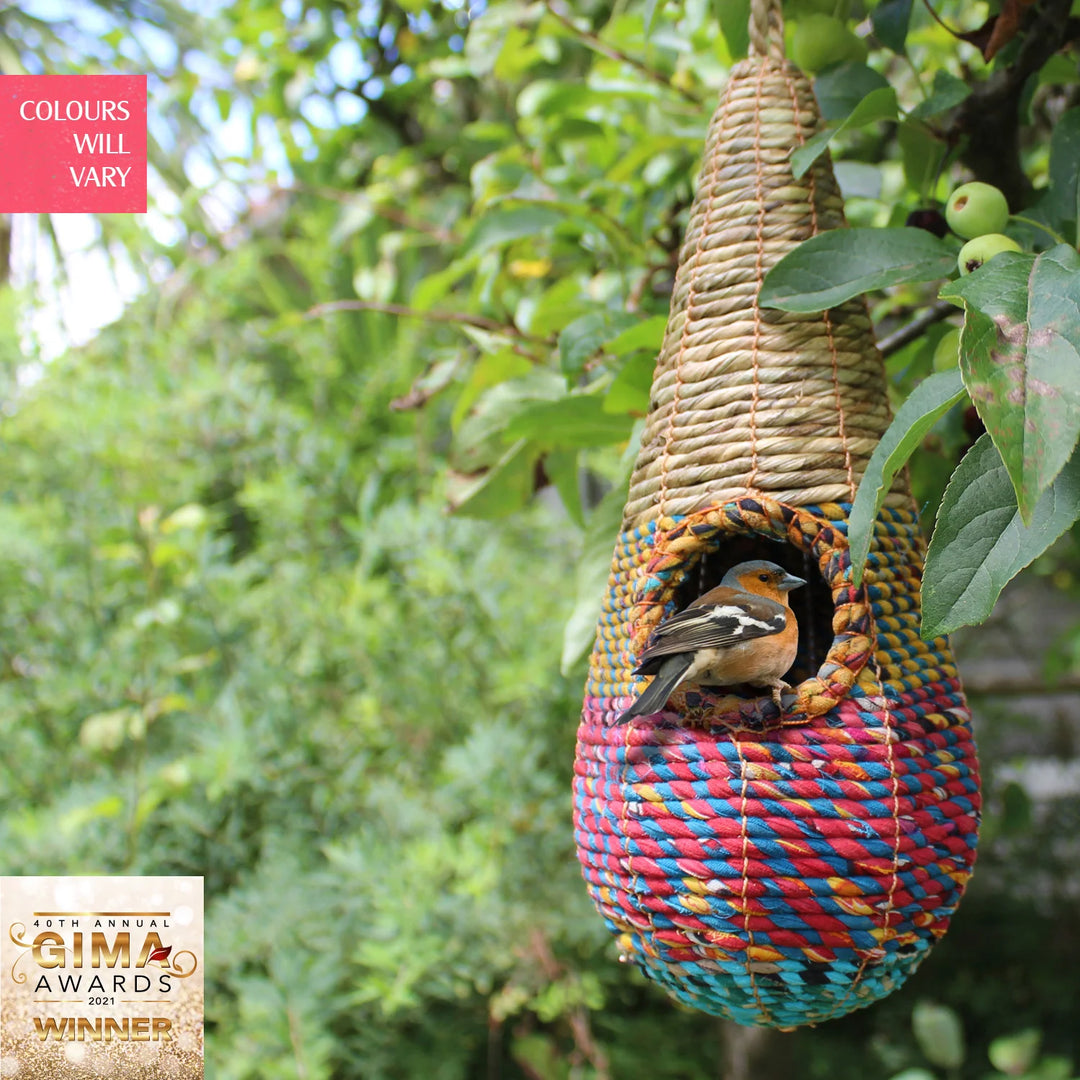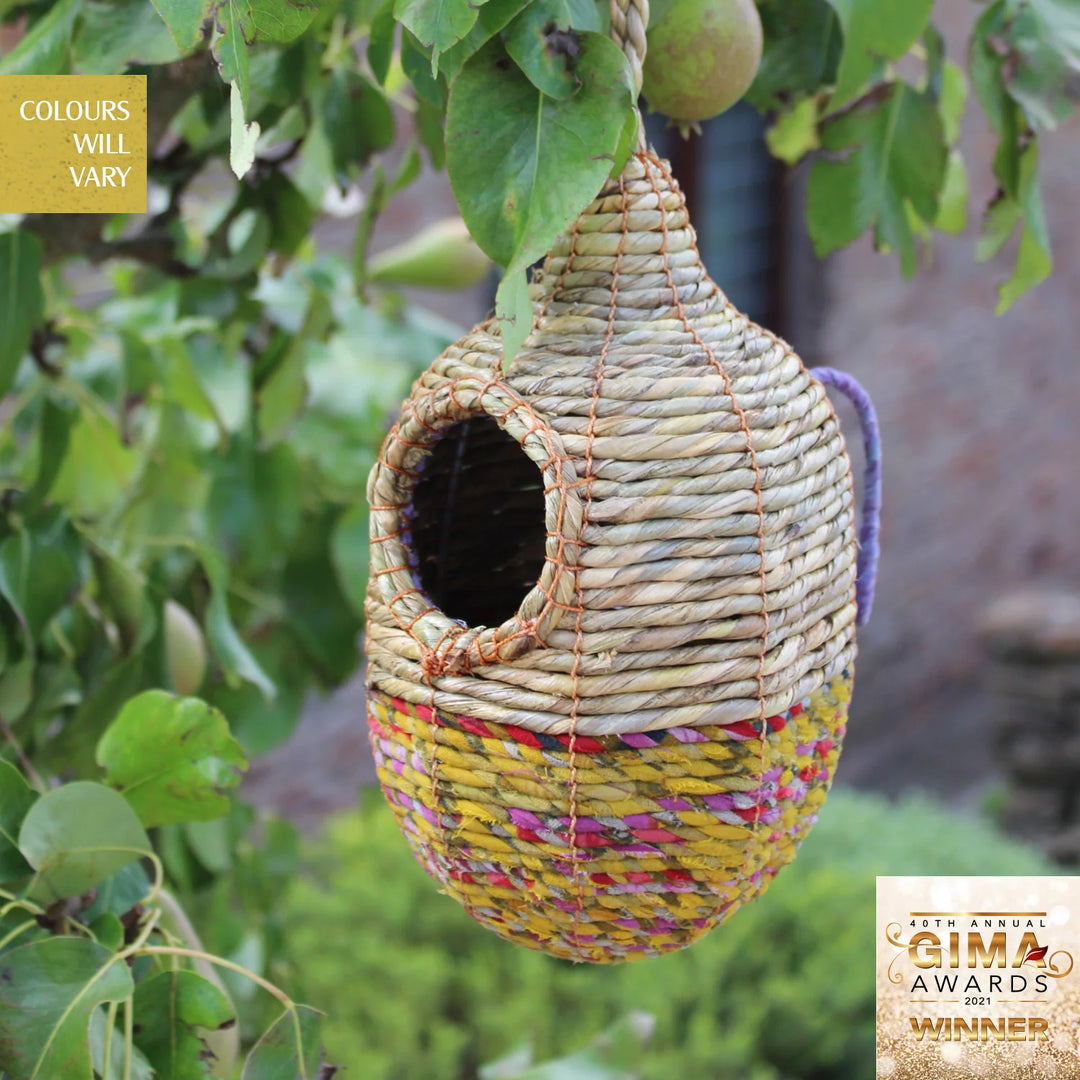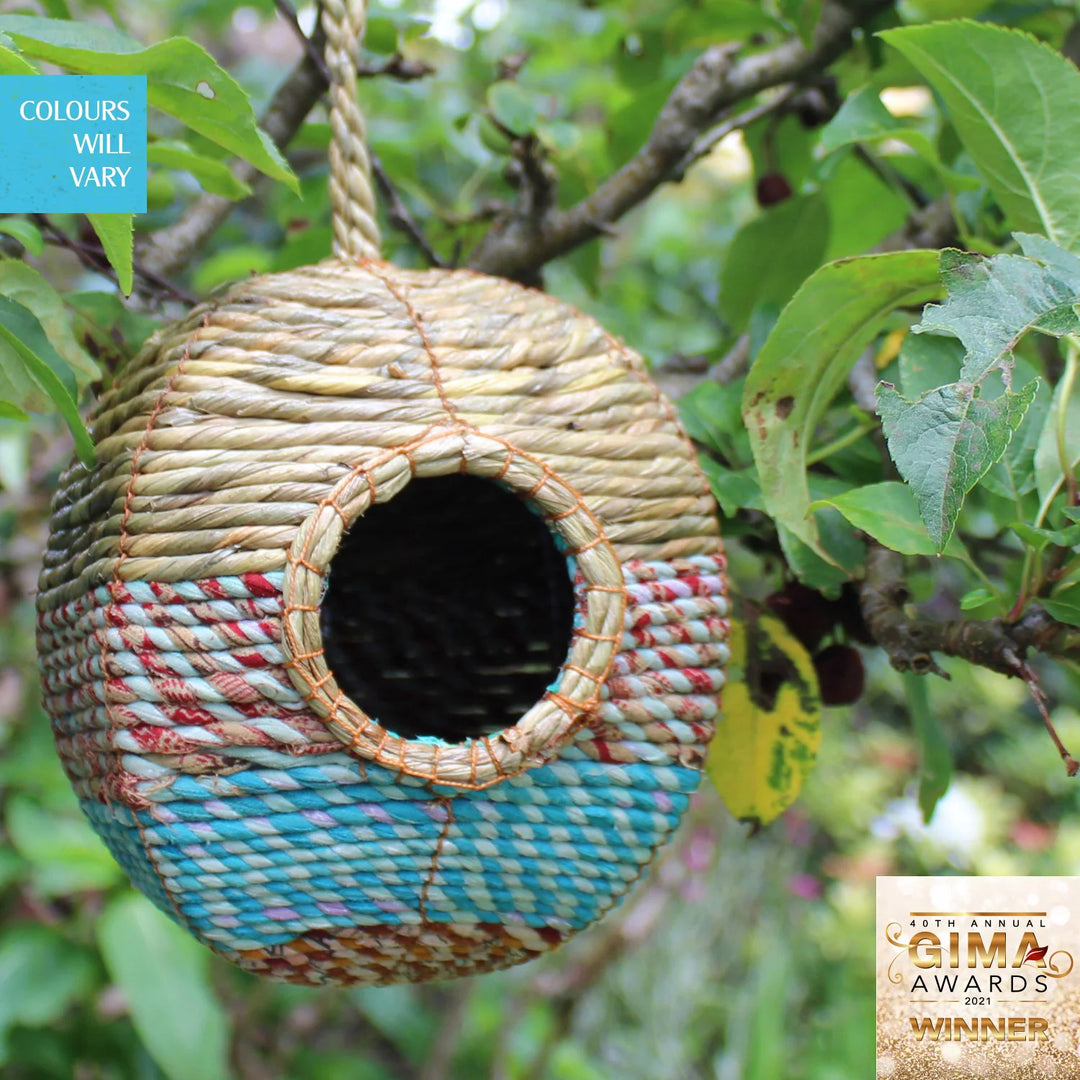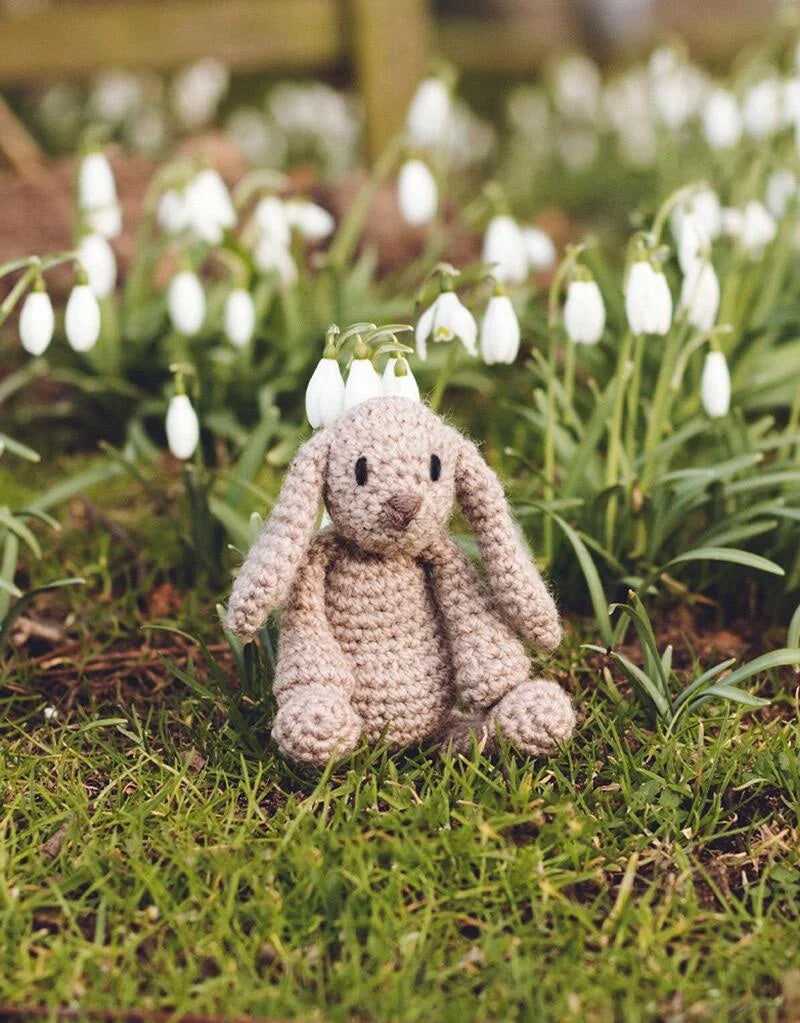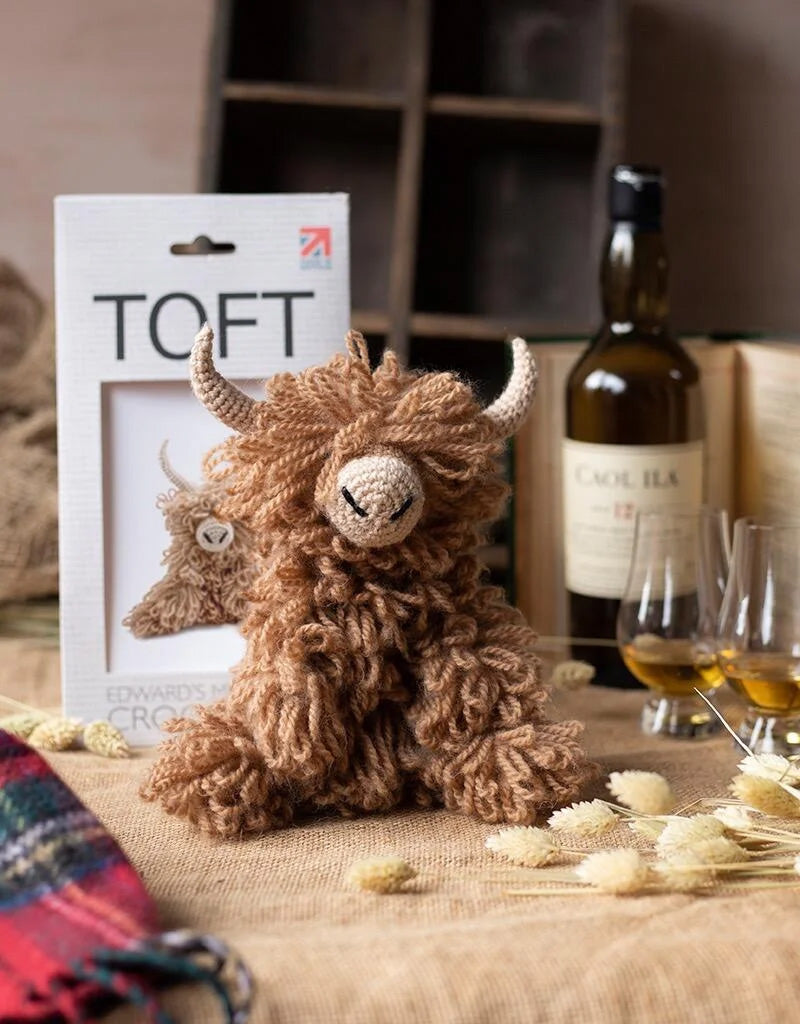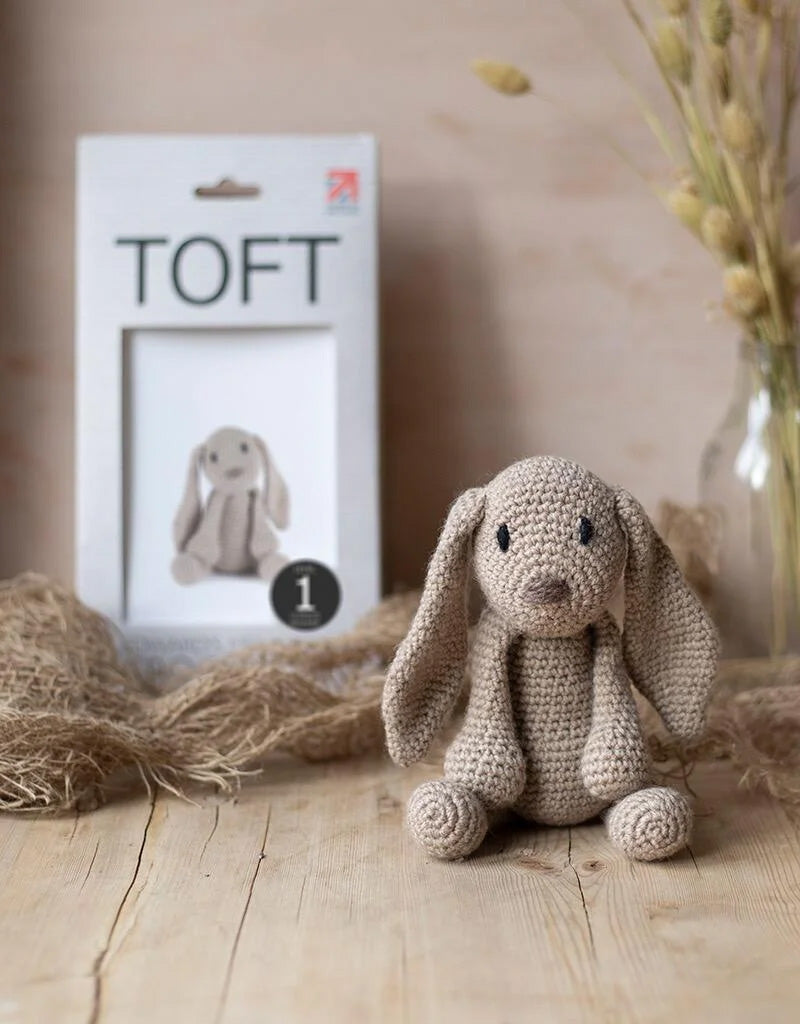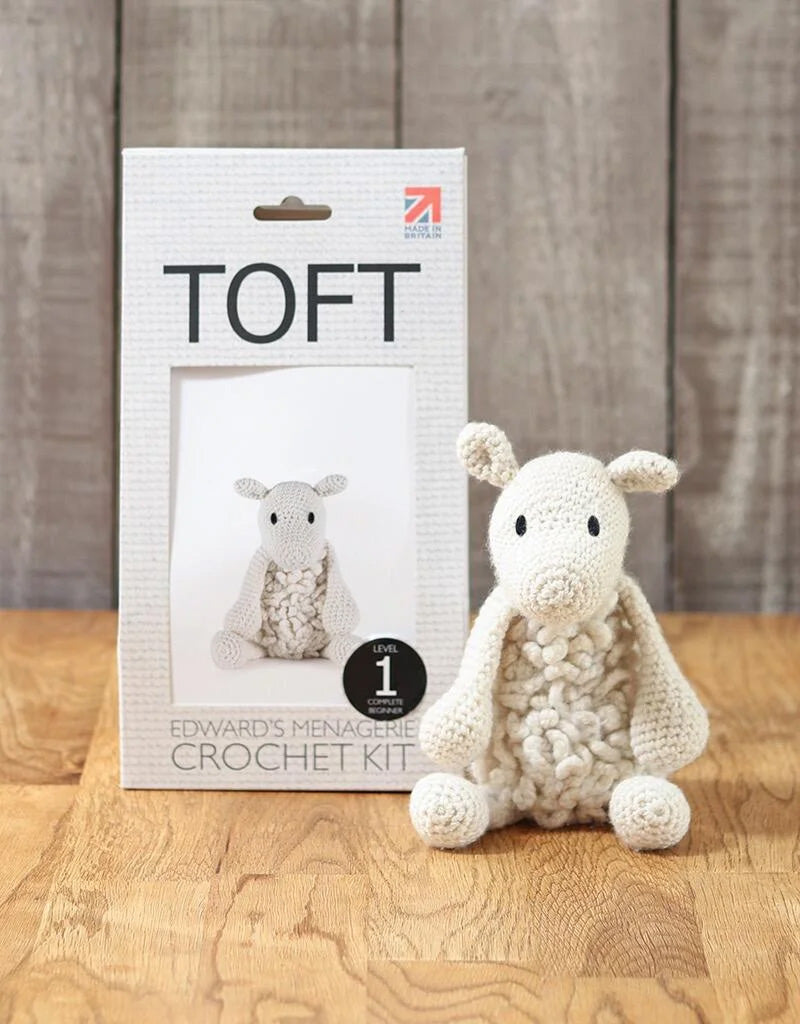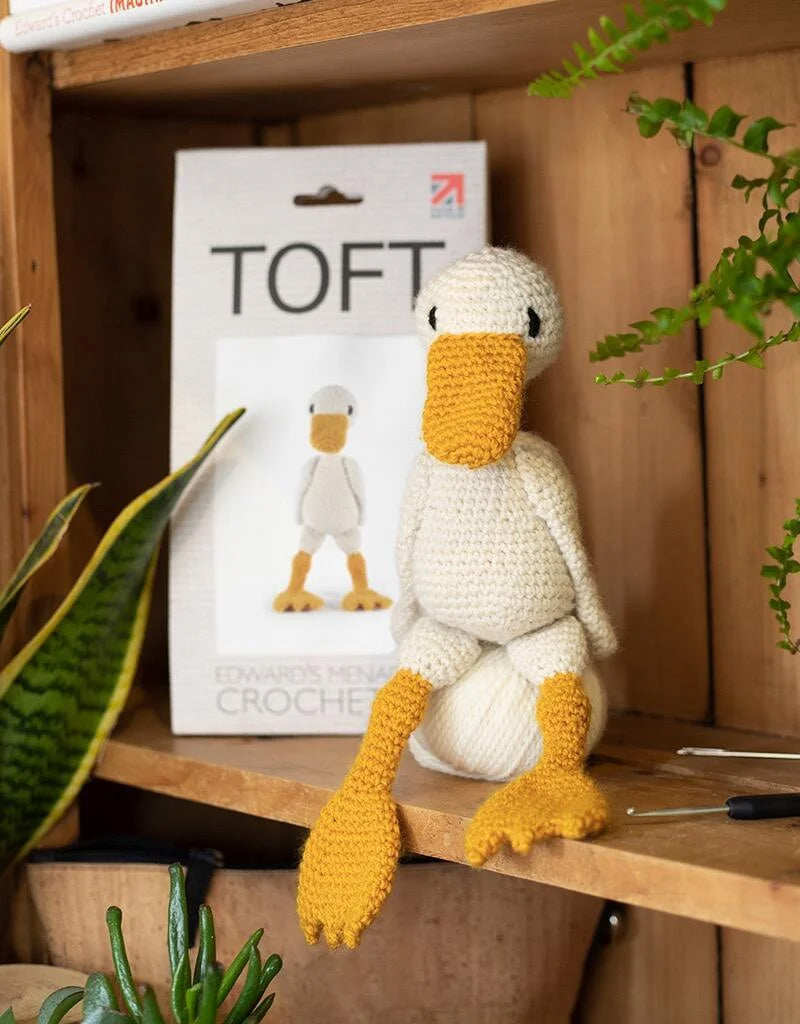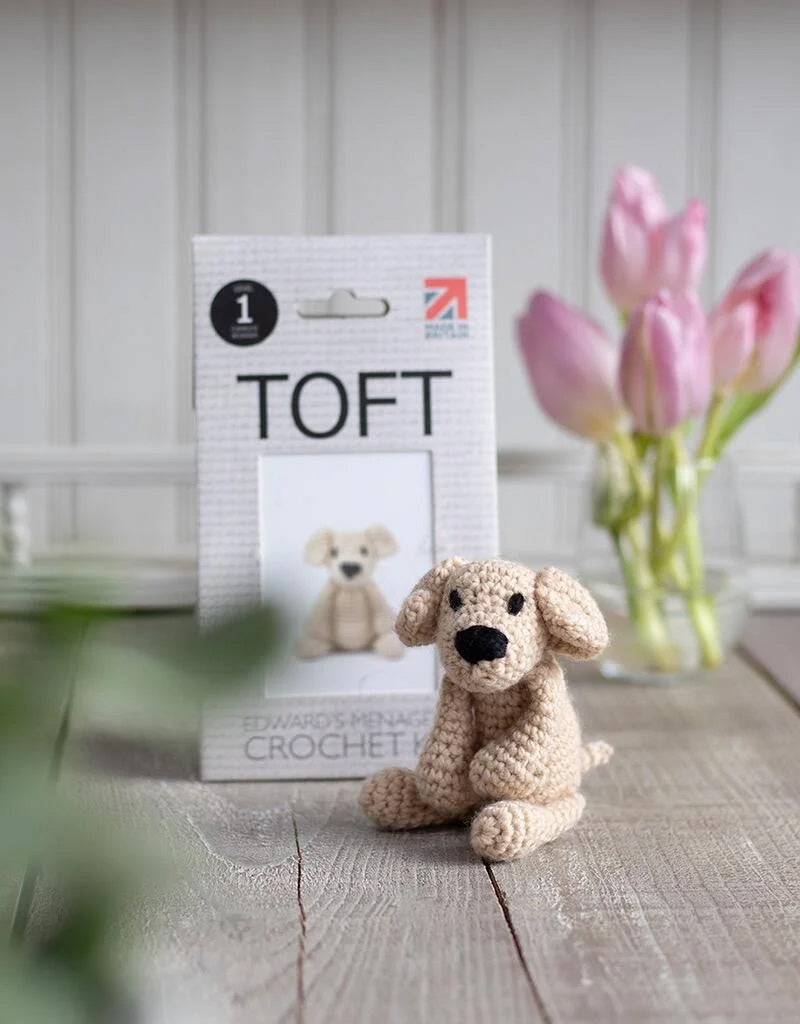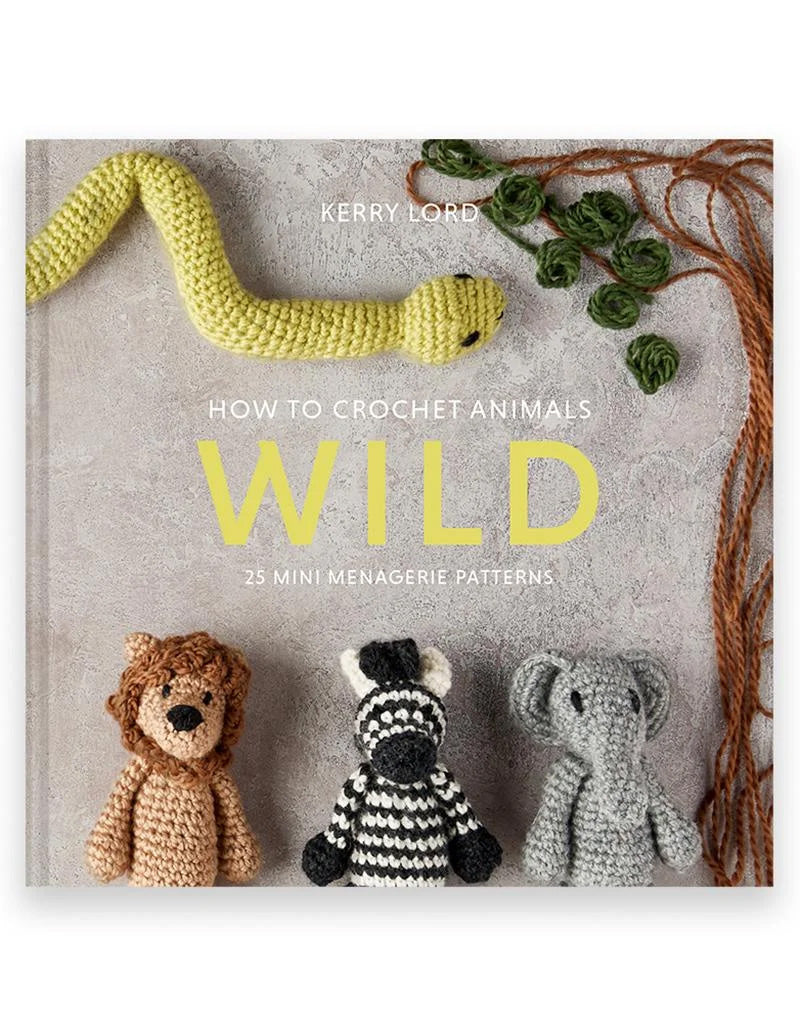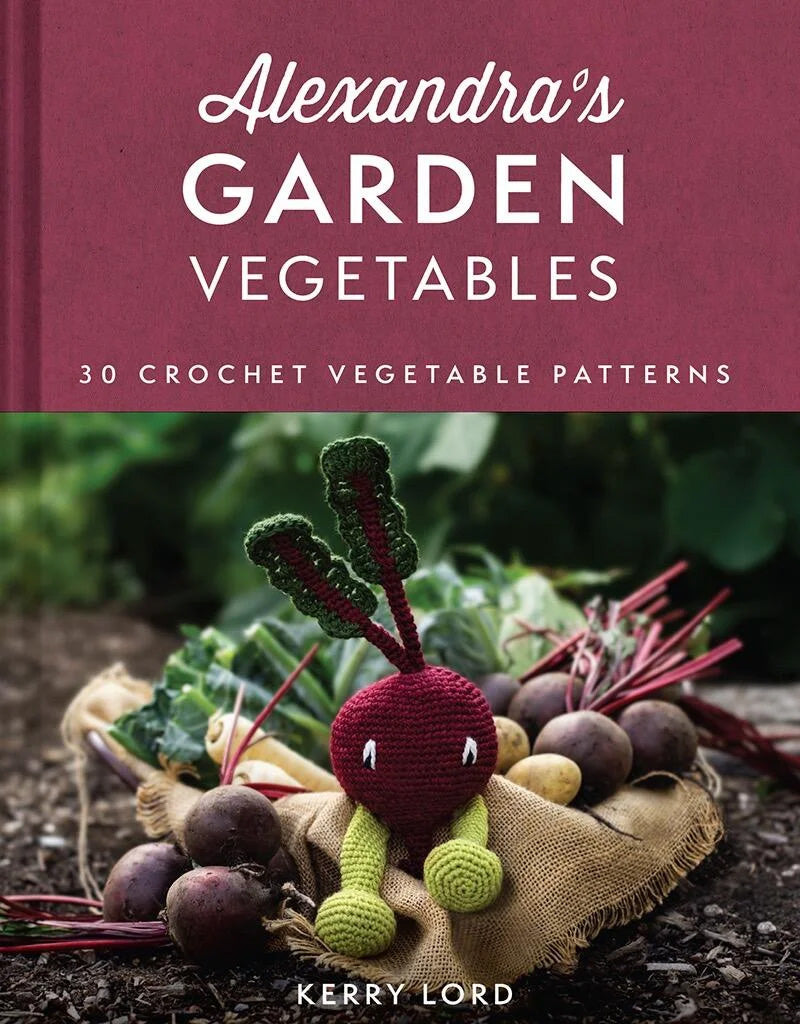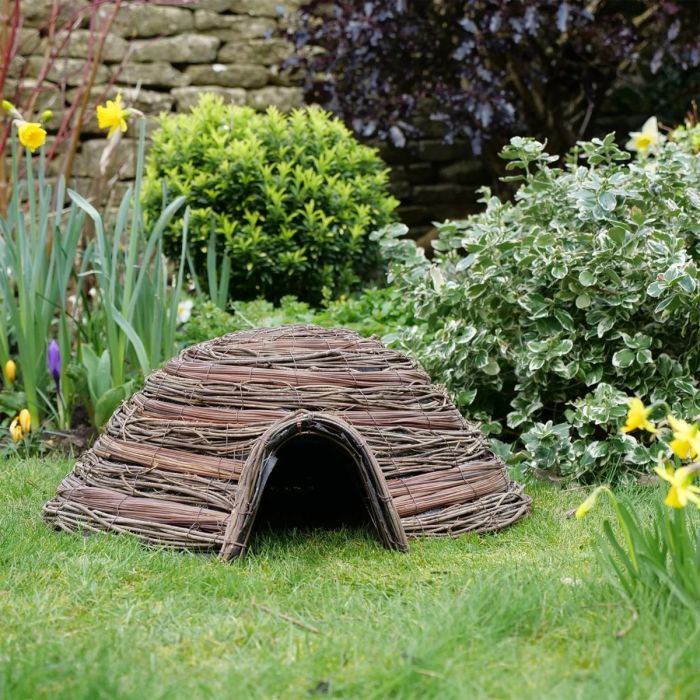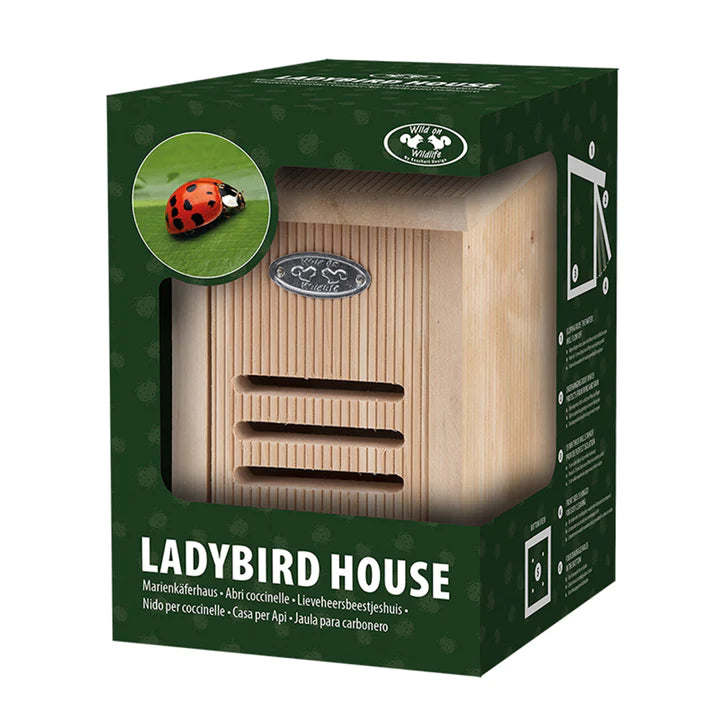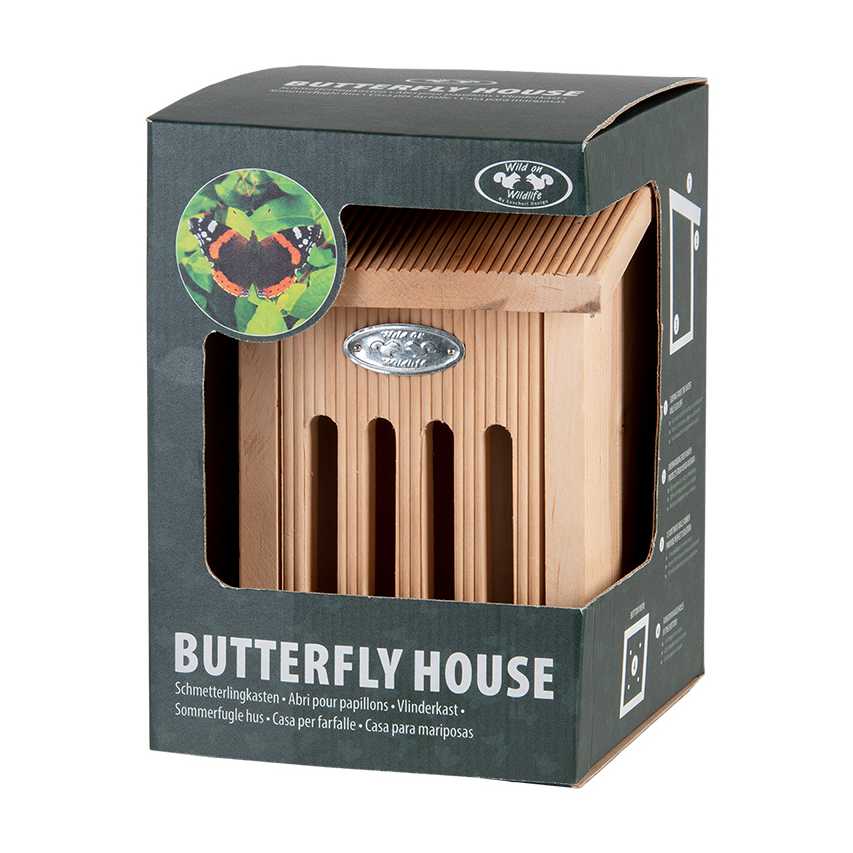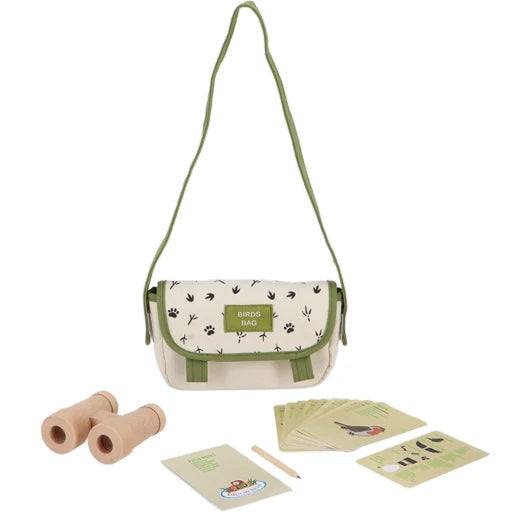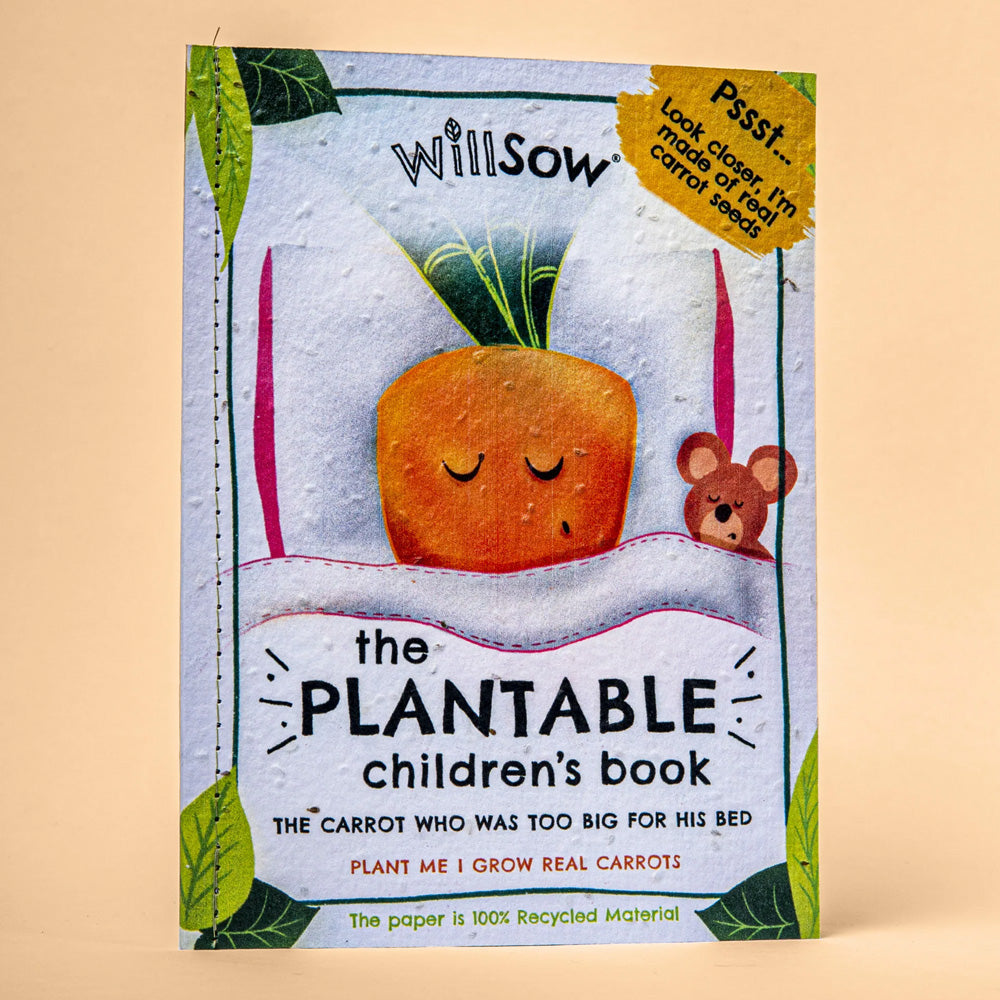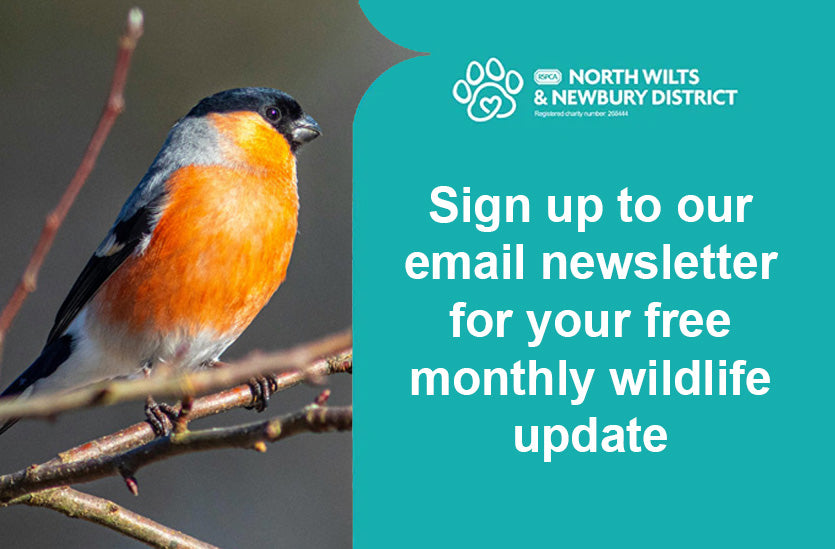Wasps
In the United Kingdom, wasps are a common sight in gardens during the warmer months. These insects play a vital role in the ecosystem, despite their often negative reputation. Understanding more about the diet, habitat, and behavior of wasps can help us appreciate their importance and coexist with them in our outdoor spaces.
Wasps in the UK are known for their diverse diet, which includes nectar, fruit, and other insects. They are important pollinators, helping to transfer pollen from one plant to another as they feed on nectar. In addition to pollination, wasps also help control pest populations by preying on insects such as caterpillars, aphids, and flies. This natural pest control can benefit gardeners by reducing the need for chemical pesticides.
The habitat of wasps in the UK varies depending on the species. Common wasps, for example, often build their nests in trees, bushes, or underground. These nests can be found in gardens, parks, and other outdoor spaces. Other species, such as the hornet, may build their nests in hollow trees or buildings. It is important to be aware of wasp nests in your garden and take precautions to avoid disturbing them.
While wasps are not a protected species in the UK, they do play a valuable role in the ecosystem. Some species of wasps, such as the tree wasp, are known to hibernate during the winter months. This period of dormancy helps them survive the colder temperatures and emerge in the spring to begin their lifecycle once again.
Despite their benefits, wasps can also be a nuisance to humans. Their stings can be painful and even dangerous for those who are allergic. It is important to take precautions when dealing with wasps, especially around their nests. If you encounter a wasp nest in your garden, it is best to contact a professional pest control service to safely remove it.
In recent years, there has been concern about the declining populations of some species of wasps in the UK. Changes in habitat, pesticide use, and climate change are all factors that can impact the survival of these insects. Conservation efforts are underway to protect vulnerable species and ensure their continued presence in the ecosystem.
Wasps in the UK come in a variety of colors, including black, yellow, and orange. Their distinctive markings can help identify different species and distinguish them from bees. While wasps are often mistaken for bees, they have a slimmer body and a more defined waist.
Wasps in the UK are an important part of the ecosystem, despite their sometimes negative reputation. Understanding their diet, habitat, and behavior can help us appreciate the role they play in pollination and pest control. By taking precautions and respecting their presence in our gardens, we can coexist with these insects and help protect their populations for future generations.
